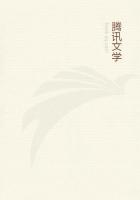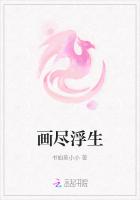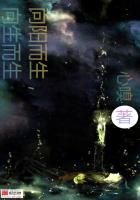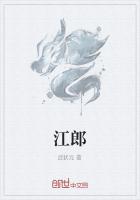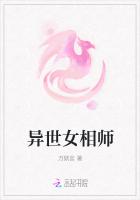1
WE have explained that the qualities that constitute the elements are four, and that their combinations determine the number of the elements to be four.
Two of the qualities, the hot and the cold, are active; two, the dry and the moist, passive. We can satisfy ourselves of this by looking at instances. In every case heat and cold determine, conjoin, and change things of the same kind and things of different kinds, moistening, drying, hardening, and softening them. Things dry and moist, on the other hand, both in isolation and when present together in the same body are the subjects of that determination and of the other affections enumerated. The account we give of the qualities when we define their character shows this too. Hot and cold we describe as active, for 'congregating' is essentially a species of 'being active': moist and dry are passive, for it is in virtue of its being acted upon in a certain way that a thing is said to be 'easy to determine' or 'difficult to determine'. So it is clear that some of the qualities are active and some passive.
Next we must describe the operations of the active qualities and the forms taken by the passive. First of all, true becoming, that is, natural change, is always the work of these powers and so is the corresponding natural destruction; and this becoming and this destruction are found in plants and animals and their parts. True natural becoming is a change introduced by these powers into the matter underlying a given thing when they are in a certain ratio to that matter, which is the passive qualities we have mentioned. When the hot and the cold are masters of the matter they generate a thing: if they are not, and the failure is partial, the object is imperfectly boiled or otherwise unconcocted. But the strictest general opposite of true becoming is putrefaction. All natural destruction is on the way to it, as are, for instance, growing old or growing dry.
Putrescence is the end of all these things, that is of all natural objects, except such as are destroyed by violence: you can burn, for instance, flesh, bone, or anything else, but the natural course of their destruction ends in putrefaction. Hence things that putrefy begin by being moist and end by being dry. For the moist and the dry were their matter, and the operation of the active qualities caused the dry to be determined by the moist.
Destruction supervenes when the determined gets the better of the determining by the help of the environment (though in a special sense the word putrefaction is applied to partial destruction, when a thing's nature is perverted). Hence everything, except fire, is liable to putrefy; for earth, water, and air putrefy, being all of them matter relatively to fire. The definition of putrefaction is: the destruction of the peculiar and natural heat in any moist subject by external heat, that is, by the heat of the environment. So since lack of heat is the ground of this affection and everything in as far as it lacks heat is cold, both heat and cold will be the causes of putrefaction, which will be due indifferently to cold in the putrefying subject or to heat in the environment.
This explains why everything that putrefies grows drier and ends by becoming earth or dung. The subject's own heat departs and causes the natural moisture to evaporate with it, and then there is nothing left to draw in moisture, for it is a thing's peculiar heat that attracts moisture and draws it in. Again, putrefaction takes place less in cold that in hot seasons, for in winter the surrounding air and water contain but little heat and it has no power, but in summer there is more. Again, what is frozen does not putrefy, for its cold is greater that the heat of the air and so is not mastered, whereas what affects a thing does master it. Nor does that which is boiling or hot putrefy, for the heat in the air being less than that in the object does not prevail over it or set up any change. So too anything that is flowing or in motion is less apt to putrefy than a thing at rest, for the motion set up by the heat in the air is weaker than that pre-existing in the object, and so it causes no change. For the same reason a great quantity of a thing putrefies less readily than a little, for the greater quantity contains too much proper fire and cold for the corresponding qualities in the environment to get the better of. Hence, the sea putrefies quickly when broken up into parts, but not as a whole; and all other waters likewise. Animals too are generated in putrefying bodies, because the heat that has been secreted, being natural, organizes the particles secreted with it.
So much for the nature of becoming and of destruction.
2
We must now describe the next kinds of processes which the qualities already mentioned set up in actually existing natural objects as matter.


